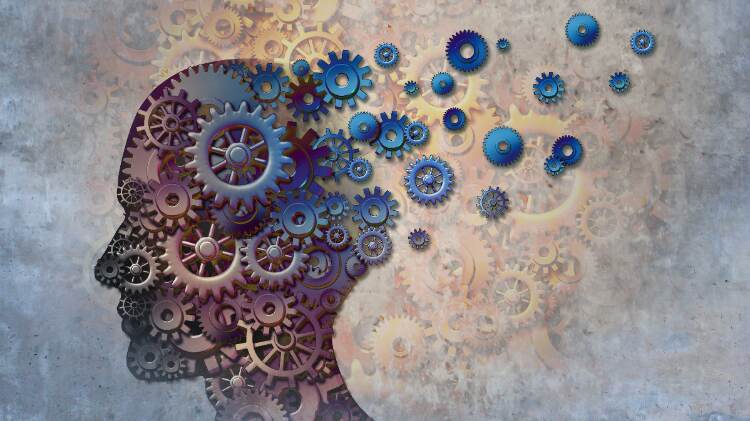Support, not discriminate
Treatment of Schizophrenia is hindered by myths surrounding it — let’s destigmatize and demystify it

World Schizophrenia Day is observed on May 24 each year. Schizophrenia is a mental illness that occurs due to neurobiochemical changes in the brain. Apart from the popular opinion, it is not a scary disease the way movies hyperbolize it. It is just another medical disease, less known than others.
The theme of Schizophrenia Awareness Week (SAW) in 2021 is "Discover Better Mental Health". This article is to create better awareness and discover the right information about schizophrenia.
What is it?
Schizophrenia is a neuropsychiatric condition. The disorder comprises of difficulty in perception, thoughts, actions, feelings and behaviour. The term 'schizophrenia' literally means "splitting of the mind" and was coined in 1910 by Swiss psychiatrist Paul Eugen Bleuler.
Why does it happen?
It occurs due to neurochemical imbalance in the brain, particularly through the dopaminergic and serotonergic pathways. Advanced FMRI (functional magnetic resonance imaging) techniques have brought this forward in various studies, as have leading experiments on animal models.
What could be the causes?
Biological: Neurochemicals, genetics, hormones, drugs (like cannabis, LSD)
Psychological: Personality, trauma/abuse can precipitate it
Social: Negative life events, stressful experiences
Who does it affect?
Schizophrenia starts in early adulthood or late adolescence, typically among the ages group15-28, and is more common in males.
It commonly affects people having a relative with schizophrenia or other major mental health disorder.
Symptoms:
· Positive symptoms:
Delusions - These are false beliefs that are not based on reality, for e.g., delusions of being followed (persecution) or everyone talking about them (reference)
Hallucinations: false perceptions, for e.g., seeing or hearing things that don't exist
Disorganized behaviour and speech
· Negative symptoms
Blunt affect, apathy and lack of emotions, anhedonia, asocial, loss of motivation, lack of self-care, attention impairment
· Changes in sleep and appetite
· Suicidal ideations
Why don't enough people get treatment at the right time?
Due to lack of awareness. Many myths are surrounding this condition, ranging from it being just bad behaviour, to pretending and even being possessed by ghosts or evil spirits.
Some facts about Schizophrenia:
· It occurs in one per cent of the population
· In India, there are nearly four million diagnosed cases
· Not everyone battling schizophrenia require admission to a hospital because many can be managed at home on oral medication.
· Rule of one-third: One-third of patients will have just a single psychotic episode during their lifetime; another third will experience different psychotic episodes that will recede without causing much deterioration and they will preserve psychosocial functioning; and the final third will present psychotic symptoms continually, as well as suffer notable deterioration and functional incapacity
· Treatment exists in form of medication, therapy, and support
· They can be productive members of the society
What can you do?
· Avoid labelling individuals as "schizophrenic", "mad", "psycho"
· Support them, don't discriminate.
· Hire them for their skill set, don't be afraid to befriend them and don't judge them based on a diagnosis. They are more than their disorder.
Famous individuals:
· Zelda Fitzgerald
· John Nash
· Parveen Babi
Send your questions to [email protected]



